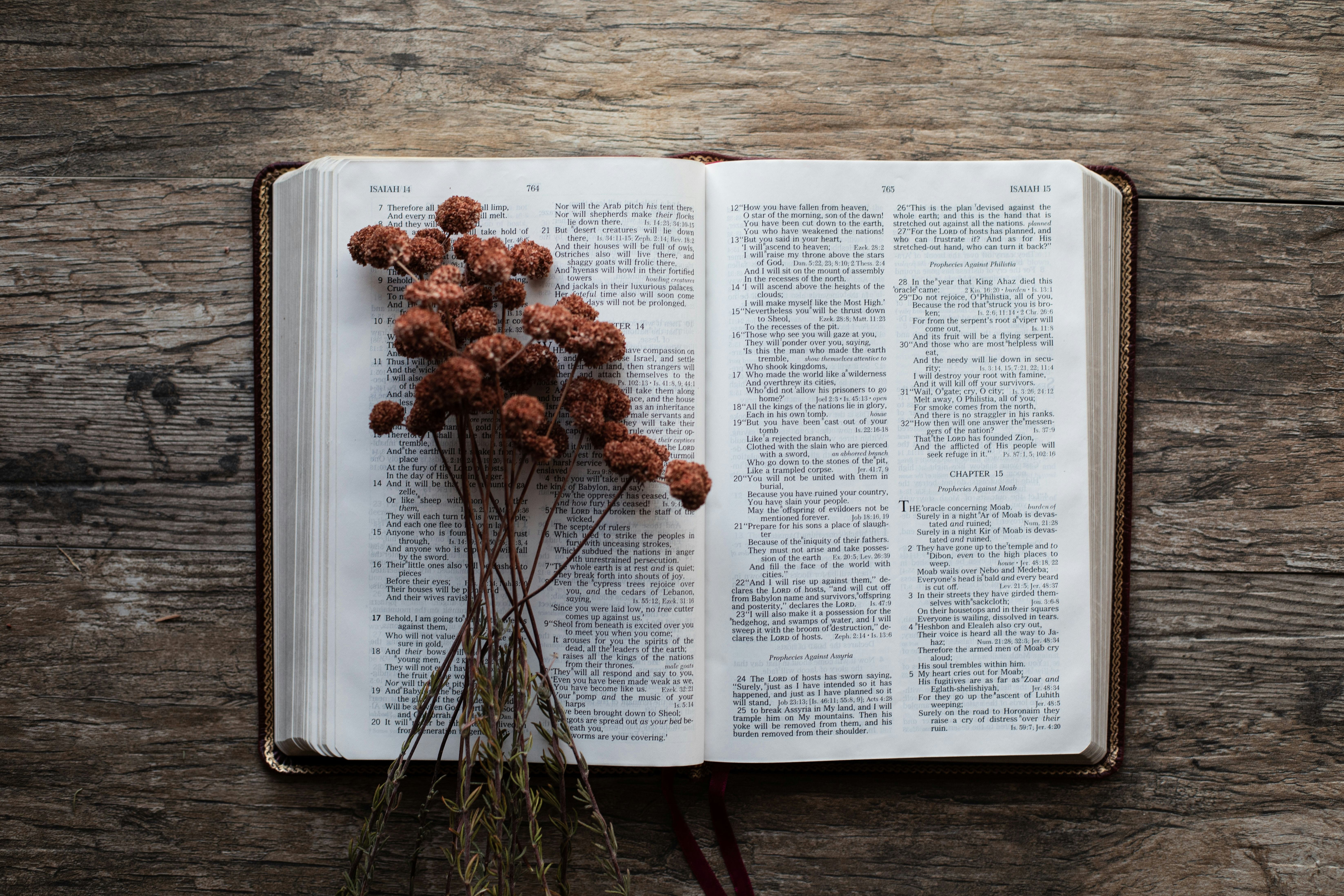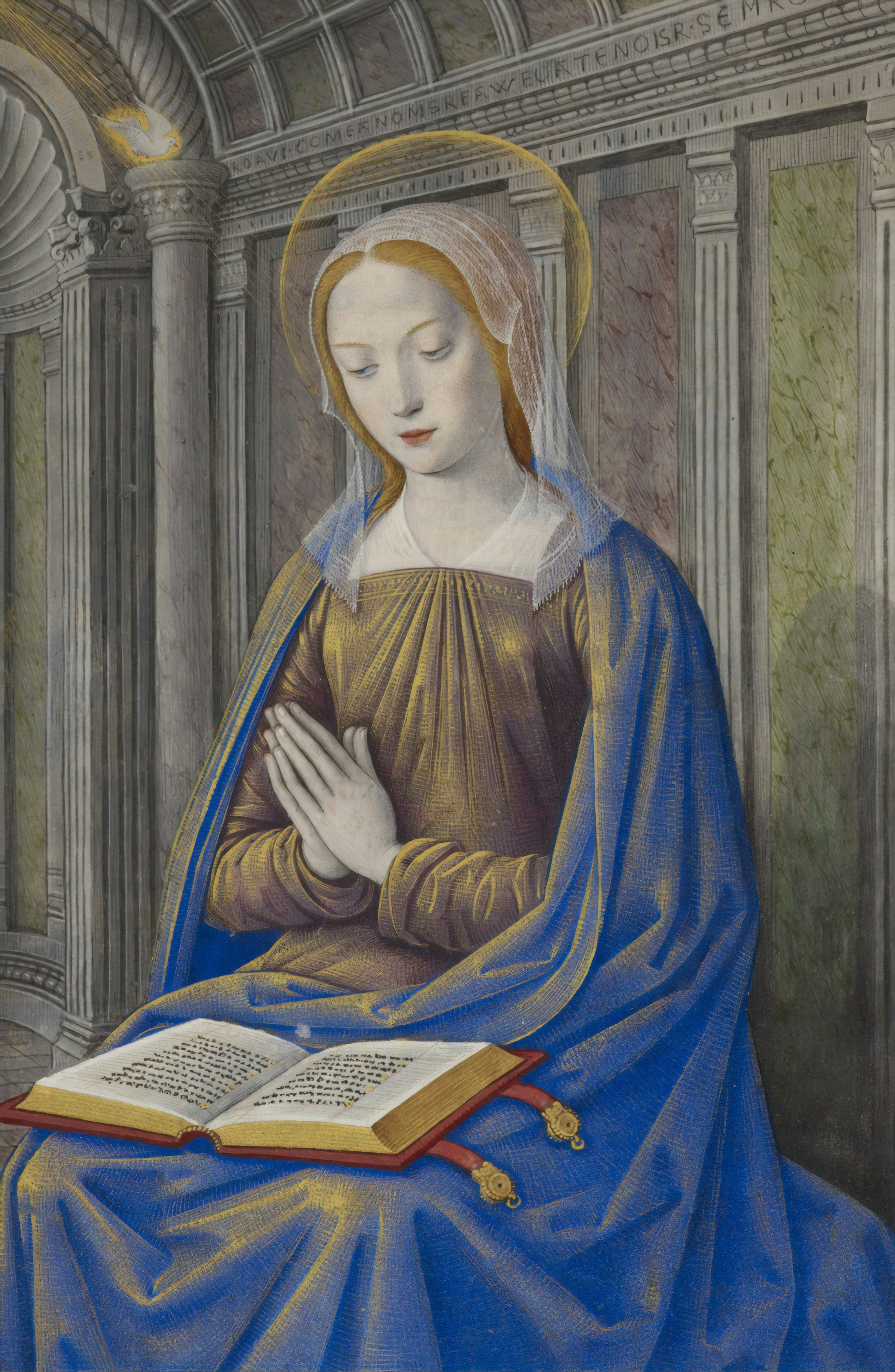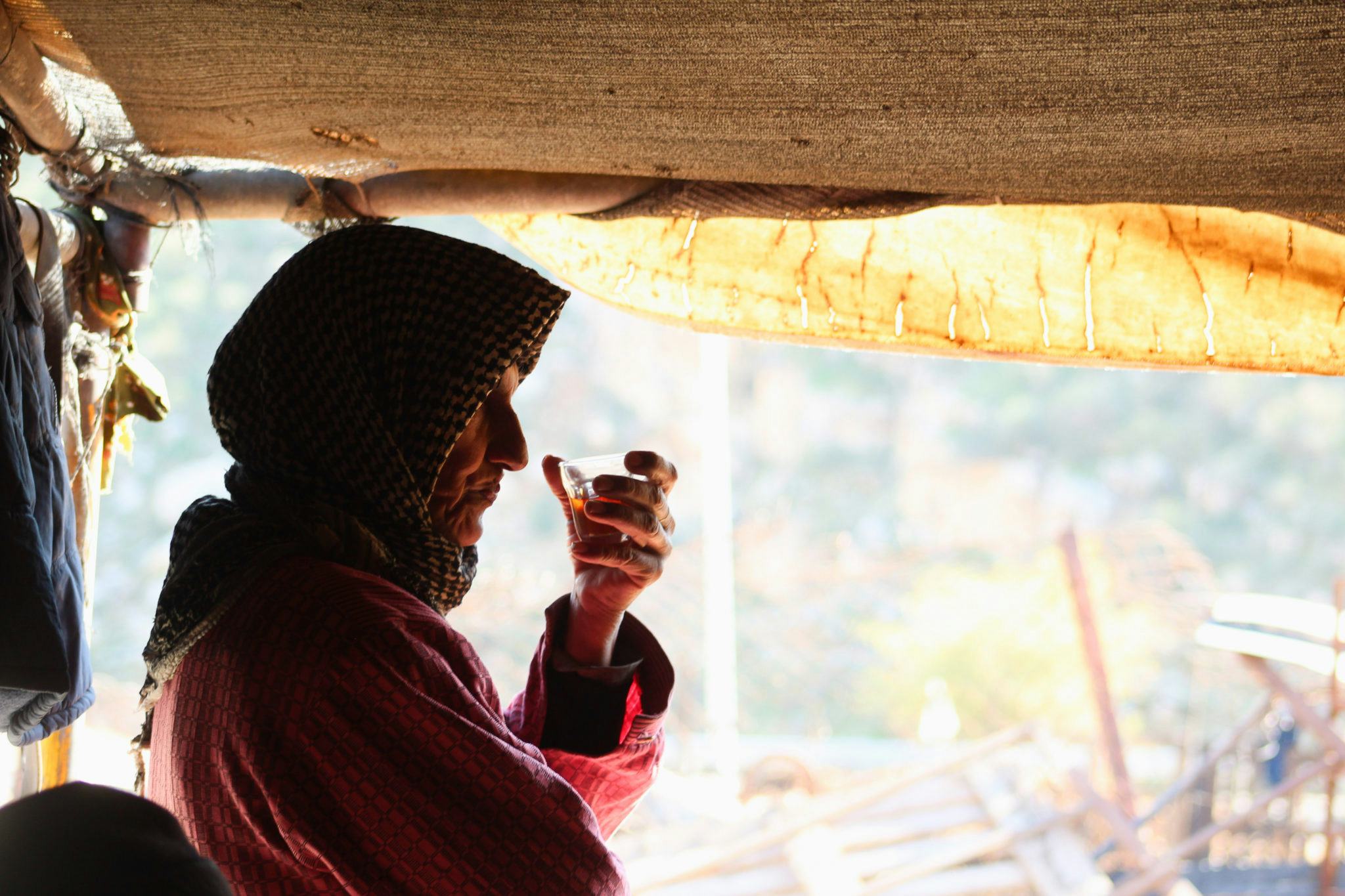Construction
I was five years old when I first became a Christian. I say first because I would go on to try praying the same prayer countless more times, never sure if I’d done it right. But the first time, I was a little girl sitting in Sunday school and listening to the story of Paul. The class was set up in in a circle of chairs and we all learned about a man who used to go around looking for Christians, trying to hurt them. There in my seat, I worried and wondered if that man was still alive and hunting me down even as I sat there.
Some emotion must’ve shown on my face because one of my teachers leaned down to whisper in my ear.
“Do you want to become a Christian?”
After what I just heard, I don’t know why I said “yes,” but I soon found myself out in the hall and repeating a prayer of salvation. When I entered the classroom again, the whole class cheered for me, and my fear was forgotten, but only for a moment.
Some of my earliest memories of faith are built on songs about God and Jesus. With dozens of other children, I learned to wave my hands in motions that matched some variation of the words that, “Yes, Jesus loved me.” My family attended church each week for Sunday service and Wednesday, too. We spent most of our time going to one chruch while we lived in Idaho, and I knew the halls of that building as well as my own home. I ran up and down them with my best friend, sometimes ducking into an empty classroom to hide from the adults.
My earliest memories are also built on fear. In my faith, there was no room for anger and no allowance for doubt, but I was a doubter. If I was supposed to believe I was evil and also see the image of God in me, only the first idea got through. It’s somewhat funny to me, looking back at that story of my first conversion to see that fear took root much deeper than faith ever did. As I grew, learned, and studied, concepts of goodness remained abstractions out of reach. I’d spent a lifetime learning the language of grace, and still fear felt like my native tongue.
At the beginning, it was a fear of people like Saul before he became Paul, and the devil, too. When I first asked my parents about Satan, I asked, “Is he the king of earth like God is the king of heaven?” A shiver ran through me as I learned, maybe for the first time, that evil existed. But as I got older, the fear became more abstract and harder to pin down. I worried about the kind of person I was—that I’d never be good enough. After that very first prayer, I knelt a dozen more times, uttering the same words over and over again, needing to make sure I’d done it right. I began carving little marks on the cover of my Bible that served as visible reminders of each time I said the prayer.
When I struggled, I heard messages like, “Don’t let the devil win,” but I struggled still, with confusion and shame about why I couldn’t stop the thoughts that intruded on my mind. No matter how hard I tried, I couldn’t wrangle aimless thoughts and spent endless moments in church praying and praying again because the first prayers hadn’t been right. Obsessions and compulsions became the rhythms of my faith, and I held tight as I spiraled down.
One conversation stood out from the rest, with my mom telling me I didn’t have to fear my doubt. That maybe, doubt wasn’t as bad as I’d thought. At fourteen, I heard this message again. I’d just flown across the country to visit my sister in Seattle, and I joined her in the dance studio for a class with her Christian ballet company. The day that I visited, the company hosted a guest speaker, who claimed to be a prophet. Even as a lifelong Christian, I was skeptical. I drew my knees to my chest and shrank down, trying to avoid his notice, but it didn’t work. One by one, he made his way through the room until he stopped in front of me.
“Do you mind if I share something with you?” He asked.
At that point, I had no choice. I peered up at him and nodded. He told me the story of Jacob in the Old Testament and how Jacob wrestled with a manwhile running away from his brother. I’d heard it before. Like many stories, this one had become familiar in my worldview, but I rarely spent time dwelling on the details. Jacob wrestles with a man he later learns to be God, and neither relents through the night until the man reaches out to touch Jacob’s hip and wounds him. Still, Jacob holds on. He walks away, changed, but blessed. His new name: Israel.
Still standing before me, the man told me that he felt like my faith would become like the wrestling between Jacob and God and that I just needed to hold on. I exhaled as he finally walked away, grateful he’d moved on. But I’d come back to the story. It was in my head, and whether it became some sort of self-prophecy or not, I’d return to it and find meaning in a story about the act of wrestling, thinking that perhaps it could lead to faith.
Deconstruction
I don’t have a clear moment of deconstruction. There was no great epiphany or story like the one I’d had in Sunday school class to share with my friends. I deconstructed, and still do, in gradual layers, unraveling in a search to find the core.
One by one, I picked up pieces of my faith and simply asked, “Why?”
Why was I working myself to exhaustion when I subscribed to a faith that permitted, even commanded, rest?
Why did I hate and harm myself despite hearing a lifetime of messages about love?
Why was there a history of oppression and violence in the name of Jesus?
Why did that oppression and violence continue still?
I lightly tested and questioned, but quietly. I attended a Christian college and listened to some classes that unpacked histories of oppression brought out about in the name of religion. The messages of Jesus were held up parallel to a history of racism, oppression, and violence, and that’s when I first began to turn outward with my questions and inward to embrace myself, wondering if that could be good. My construction taught me to separate from myself, and my deconstruction was helping me return. I haven’t thrown away my belief in God entirely. I’ve been down that path so many times I can say with relative certainty that I still believe , but the grace slips through more prominently than the fear now. No, what I’ve been deconstructing is the belief that faith must look a certain way. I’m deconstructing manifestations of faith that have produced destruction rather than love. I’m questioning the kind of faith that made me feel guilty to receive unearned love yet feel nothing when I spiraled into patterns of destructive behavior.
The story of Jacob returned to me often, reminding me that wrestling with belief didn’t have to pull me away; by its nature, wrestling puts you into contact with something. Doubt didn’t have to discount faith. Doubt could become the essence of my faith, pulling me deeper to examine what I believed. After all, I asked myself, if I believed in God, could I also not believe that God could handle my doubt?
When I doubted as a child, I did everything in my power to squelch it. I saw my intrusive thoughts as inklings of my true nature, reinforced by scriptures and sermons that spoke of how bad people were at our core. I didn’t know how to love myself when self-love equated to selfishness. I didn’t know how to become my true self when I was told I must empty myself to make room for God. I read verses about how I was “fearfully and wonderfully made,” but then turned inward with shame when I couldn’t live up to the standards.
In deconstruction, there were no demands to believe nor any warnings about what would happen if I didn’t. There was only an invitation: to seek. I’d once confided in a friend that I felt some resonance with a verse about seeking: “You shall seek me and you will find me when you seek me with your whole heart."
“I’m afraid to try,” I told her.
“Why?” she asked.
“Because of what I might find out.”
I was also afraid I’d find nothing. Either way, I didn’t want any belief to rattle me enough that I might walk away. In Sunday school as a kid, my pastor’s wife once stood in front of all the kids, looking out at us, and said, “Some of you will grow up and not go to church anymore.” The words landed as a warning, and I hoped what she spoke of would never happen to me.
I suppose deconstruction can look like failure. I always struggled to hold on to my faith in the way that I felt like I should. Maybe I’ve simply lost my grasp. I was told by a member of my family that they could see me rebelling. I said nothing, wondering how I could try so hard to wrestle toward truth and still not do enough. In a way, I’ve become the cautionary tale my pastor’s wife warned me about as a child, yet the thought doesn’t fill me with dread anymore. Truthfully, I was letting go. I’d held everything—my beliefs and myself—so tightly for so long, it was only a matter of time until I got so tired all I could do was release.
In these moments when I look back, I realize I’m no longer where I was, and, strangely, I have no desire to return. Well, that’s not entirely true. At times, I wish I could go back to the simplicity of a faith that made me into the problem rather than systems and beliefs outside of my control. At least then, I could attempt to control or shame myself into submission, but this? Turning outward can feel like an overwhelming journey that may only end in isolation.
When I get wistful about before, I remember the compulsive actions and obsessive loop of prayers, and I’m glad to be gone from that self. But while I’m free, I am waiting.
After
I don’t know what comes after the deconstruction, though I can make educated guesses. Those who go before me, sharing their own stories along the way, tell me the next stage is to rebuild: reconstruction. I continue to learn from people like Franciscan Friar Richard Rohr and podcasters and YouTubers Phil Drysdale and Brenda Marie Davies of the “God is Grey” channel. I also learn from the many accounts that provide space for stories of people who have endured harm and abuse but who are also breaking free from ideologies that kept them bound.
In these stories I sense the same invitation I received from my mom and from the story of Jacob: an invitation to open up to an understanding larger than myself. Rohr talks about this in a reflection on German Theologian Meister Eckhart, who once said, “I pray God to rid me of God.” Rohr interprets this statement by saying, “There is no concept of God that can contain God. Your present notion of God is never it.” I used to sit on my bed in quiet moments, trying to comprehend the concept of God. I’d strain my mind and eventually give up. Now, I sink into the mystery a bit more easily. I can learn to release my grip on what I thought I knew. But it’s a process.
My partner nudges me, reminding me that I’ll eventually have to make decisions with all of the information I’ve gathered. I nudge back, not ready to force myself. Not again. I’ve spent so much time striving that now I want to try feeling what it’s like to pause, even if that means occupying this liminal space a while longer. I have learned something about myself: I can be stubborn. Maybe I am rebelling because I just want to sit here and rest in my determination to understand grace.
I wrestle and remain still, in turn. It’s one of the pieces of wisdom from the Bible that doesn’t carry the baggage of the rest. Reminders to “be still” began filtering into my consciousness in the past couple of years, overlapping with my deconstruction. In the stillness, I can feel it—grace—as I slowly fall apart and wait to be put together into something more true. Here, I am held.
Genesis 32:22-31. Bible Gateway
Psalm 139:14.Bible Gateway
Jeremiah 29:13.Bible Gateway.
Richard Rohr, “Meister Eckhart, Part II”
Psalm 46:10. Bible Gateway
Elisabeth Ivey is a writer, proofreader, and editor. Her work has appeared in the Porch Magazine, Sojourners, and Gaze Journal. She was raised Non-Denominational and is now in a process of deconstruction. When she’s not writing or deconstructing faith, she can be found exploring her identity as a woman of color or daydreaming about fictional worlds.
Discover more from Elisabeth Ivey.









